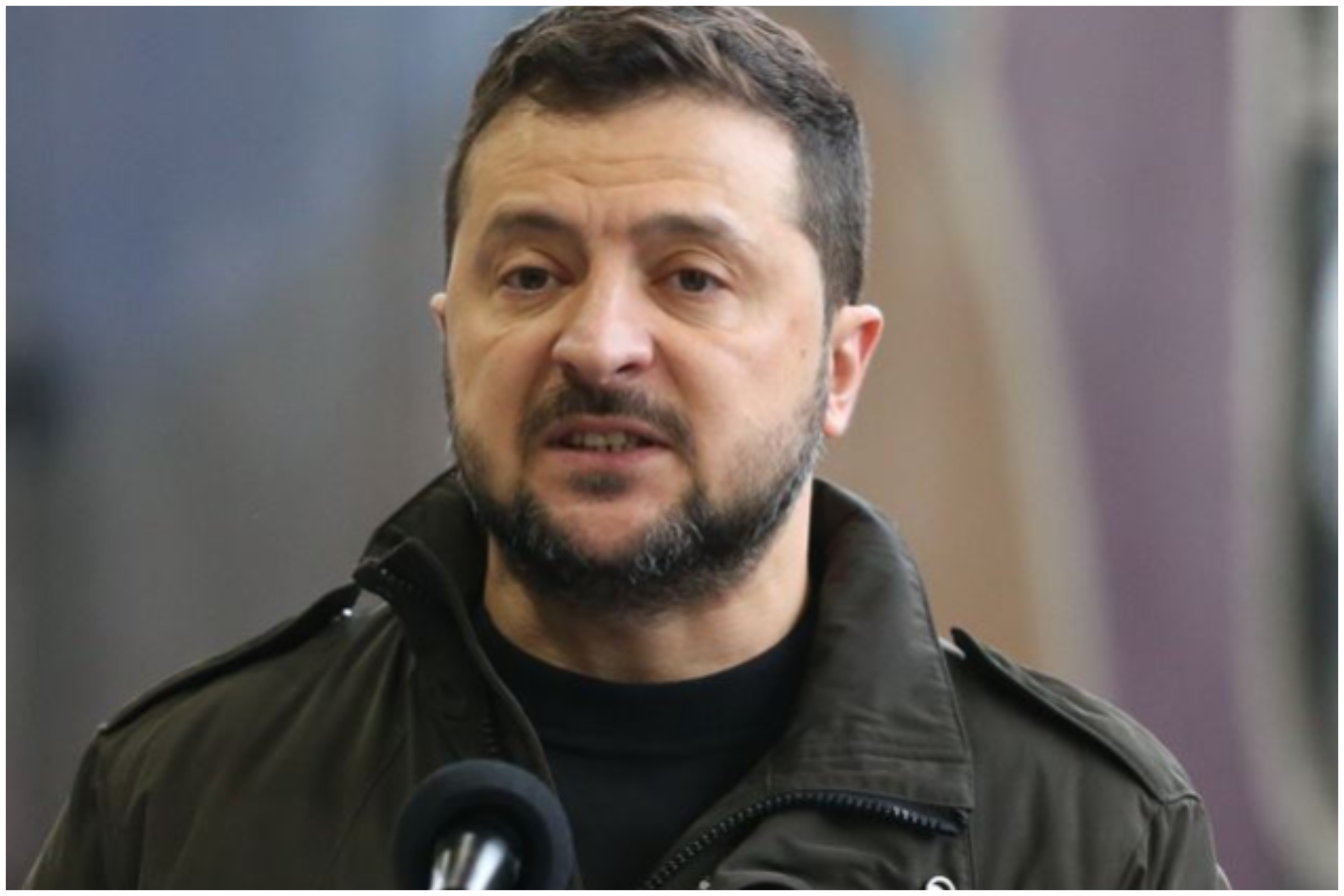[ad_1]
It’s that time of the year again, when millions of people have to remember to change their clocks, and hopefully gain an extra hour of sleep with the end of Daylight Savings Time. According to Greg Heilman, at AS News: “The only parts of the US that do not have Daylight Saving Time (DST) are Hawaii, most of Arizona, Puerto Rico, the US Virgin Islands, the Northern Mariana Islands, Guam, and American Samoa. Arizona experimented with the change beginning in 1918 but decided to opt out of DST in 1968 permanently.”
That got me thinking about time and clocks, and I thought it would be fun to explore references to both in music.
”Black Music Sunday” is a weekly series highlighting all things Black music. With more than 180 stories covering performers, genres, history, and more, each featuring its own vibrant soundtrack. I hope you’ll find some familiar tunes and perhaps an introduction to something new.
No Words No Song writes on Medium about “As Time Goes By” by Dooley Wilson:
One of the most famous songs of all time, from one of the most famous movies of all time, was not…as many people think…written specially for “Casablanca”.
It was written a decade before by Herman Hupfeld for the modestly successful 1931 Broadway show “Everybody’s Welcome.”
On the back of the musical’s success, “As Time Goes By” made it into the repertoire of a few artists during the 1930s. But it wasn’t until it featured in the 1942 film “Casablanca” that it became a global phenomenon.
If you’re one of the very few people in the world who hasn’t seen this iconic movie, it turns out that “As Time Goes By” was a favourite song of Humphrey Bogart and Ingrid Bergman’s characters back in Paris before the war.
In case you just thought of “Play it again, Sam” when you heard this, you might want to know that no one said those actual words in “Casablanca.”
Count Basie and His Orchestra recorded a classic tune he wrote about a specific time—1:00 in 1937. He named it “One O’Clock Jump.”
Those readers who are musicians or who read music will appreciate this essay about it, which was written for the Library of Congress by musicologist John Wriggle. I can only state simply, that it swings!
The swing big band anthem “One O’Clock Jump” was jazz pianist Count Basie’s biggest hit and signature theme song, but also a potent demonstration of the bandleader’s musical identity. The 1937 recording for Decca Records signifies an iconic bandleader, an iconic orchestra, and an entire musical genre–“Kansas City jazz”–showcasing the contributions and innovations of its performers with remarkable concision. …
“One O’Clock Jump” begins, characteristically, with piano and rhythm section; Basie’s boogie-ish left-hand oscillation recalls Waller’s technique opening “Yellow Dog Blues” (1932). At the top of Basie’s second chorus (0:28), a tremolo-infused right-hand phrase provides what might pass as “Jump’s” theme melody: a passage duplicated in subsequent performances, and loosely mimicked in Gene de Paul and Don Raye’s “Milkman, Keep Those Bottles Quiet” (1943). The solo closes with a modulation from the key of F to D-flat–apparently a favorite device of Basie’s, as heard in similar tonal shifts built into“Time Out” (1937) and “Shorty George” (1938).
Following the piano modulation, additional solo choruses–extended in live performance, but limited to 12-bars each in the studio recording–feature Herschel Evans (tenor sax),George Hunt (trombone), Lester Young (tenor sax), Buck Clayton (trumpet), and Page (bass). Young–another Blue Devil alum–demonstrates the timbre and linear conception that inspired the later “cool” bebop styles of Charlie Parker and Stan Getz. “One O’Clock Jump’s” inclusion of two different tenor sax soloists was a noteworthy stunt at the time, and helped to establish the reputation surrounding the band’s “tenor battle” rivalries—a concept that the orchestra maintained through the next half-century. Page’s solo chorus features a delicious example of Basie’s trademark piano accompaniment style: sparse, upper-register nudges and pokes that gently spur, or sometimes comment upon, the proceedings underneath.
Here’s the 1937 original recording:
And a live performance in 1965:
22-year-old Sarah Vaughn recorded the first version of “Time After Time” with the Teddy Wilson Trio in 1946. The lyrics were written by Sammy Cahn and music was from Jule Styne. They wrote the song for Frank Sinatra, writes Linda Hillshafer for KUVOJazz:
Composer Jule Styne and lyricist Sammy Cahn wrote “Time After Time” in 1946 for the 1947 Frank Sinatra film “It Happened in Brooklyn”. First recorded Nov 19, 1946 by Sarah Vaughan with the Teddy Wilson Quartet, the 1947 film featured off-stage piano music performed by Andre Previn; Sinatra recorded it again in 1957 with the Nelson Riddle Orchestra. It has been the fourth most-recorded song of all works released in 1946.
Here’s Sassy with Teddy Wilson in 1946:
And here’s a mature Vaughan with a mind-blowing performance, live at Berliner Jazztage, Berlin Philharmonic, on Nov. 9, 1969.
One final lyrical version is from the late, great John Coltrane, recorded in 1958.
Trane loved ballads, and you can feel it when you hear him play it.
RELATED STORY: John Coltrane’s favorite composition was the love song he wrote for his first wife, Naima
One of the things I realized while writing this was that the song title “Time After Time” is well known by younger generations of music listeners, but it isn’t the same tune penned by Cahn and Styne. I’m referring to Cyndi Lauper’s hit tune, “Time After Time,” which she wrote with Rob Hyman and recorded in 1983. It would become her first number one hit on the charts.
I can remember being blown away by watching a duet of it she performed with her dear friend Patti LaBelle on Patti’s 1985 TV special, and being elated to find it later posted to YouTube. (It would be taken down several times, but it seems like it is there to stay.)
What jazz fans have found fascinating is the fact the Miles Davis turned the tune into an unforgettable classic. Lauper talks in her autobiography about how honored she was to have him cover her tune, saying “the way he played it was pure magic.”
Here’s the recorded extended version, followed by one of his many live performances:
I would love to play his live in Germany in 1988 performance, but it won’t play here. (I suggest you check it out.) So here he is live in Montreux in 1988.
I’m running out of time (and space) to play many more time tunes here in the story, so I’ll close with a tune that combines the lyric of “time” and the percussive sound of a ticking clock. The Chambers Brothers recorded “Time Has Come Today” in 1966.
Songfacts has these background notes on the genesis of their tune:
This psychedelic soul classic was written by two of the four Chambers brothers, Joe and Willie. Joe wrote most of the lyric after sitting in on a class at UCLA with Timothy Leary and taking LSD. Willie put the music together and contributed the line, “My soul has been psychedelicized.”
This song spoke to the younger generation that was fighting for civil rights, social justice and an end to the Vietnam War. The lyrics are somewhat ambiguous, but the constant repetition of the word “Time!” makes it clear that the song is a call to action.
The Chambers Brothers were from Mississippi and started out as a gospel act. They wrote this song after relocating to Los Angeles, where they rented a two story house. In a Songfacts interview with Willie Chambers, he explained: “I was down in the dining room area with an acoustic guitar and I was playing that music over and over and over. I kind of got hooked on that line in that melody, but I didn’t have any words. And Joe, at that same time, he was upstairs in his room writing the lyrics to ‘Time Has Come Today.’ He could hear what I was doing down there, and it interrupted his writing. He came to the top of the stairs and said, ‘What’s that you’re playing?’ I said, ‘I don’t know, this riff just came to me and I’m just playing it.’He said, ‘You got lyrics to that?’ ‘No, I don’t have lyrics yet.’ ‘Man, I was just up there in my room writing and everything I’m writing, the music is going with what I’m writing. At the same time I’m writing it and you’re down here playing it. Well, bring your guitar down.’ We had a basement in the house and we had a rehearsal studio down there. So, he and I went down in the basement and he started singing these lyrics. And man, the music and the lyrics were made for each other.”
I had the great good fortune to have been in the singing group that opened for them at the Cheetah in New York City, and experienced them live, which is truly a “psychedelicized” memory.
Take the time you may save today to join me in the comments below and post your favorite time tunes!
[ad_2]
Source link





















